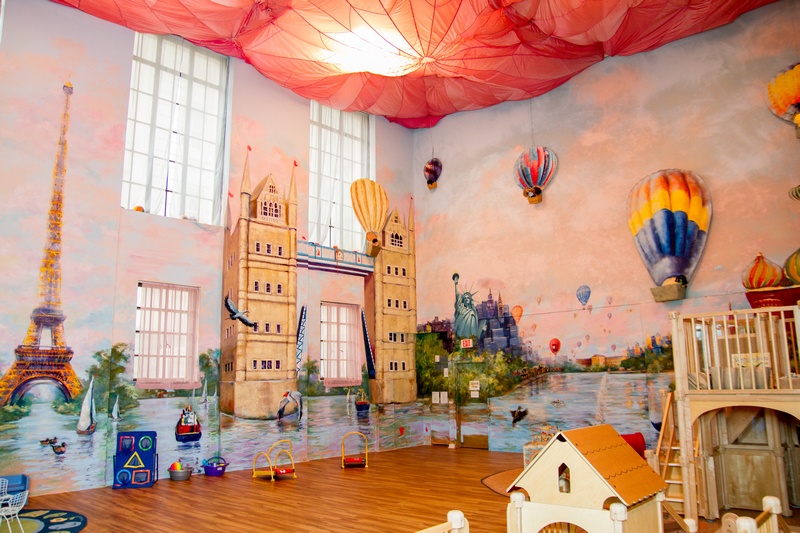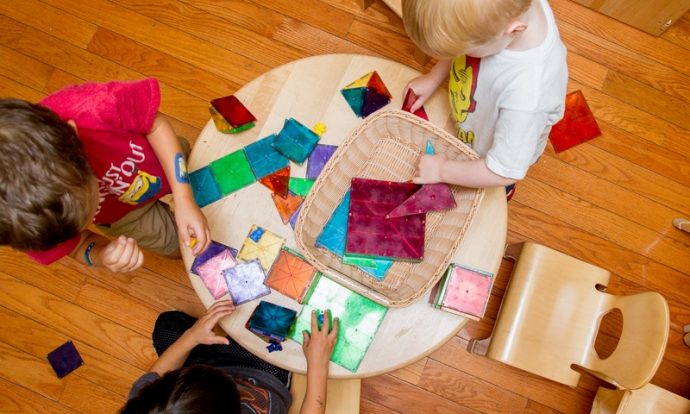Over the last few years, the United States has seen a fundamental shift in the way that its schools both create and integrate their core curricula. While reading and math have come to the forefront in the new core curriculum, the need still exists for a solid art-based education. While there are still some parents who believe that art is a luxury in the academic environment, there are many others who understand the importance that art has in a child’s rounded education.
Arts-based activities are some of the most important building blocks of early child development. At Right Steps ® Education, we understand that a child benefits greatly from early exposure to the Arts. Children, at any age, can learn how to create and can learn how to appreciate visual aesthetics. Learning how to incorporate art into education is important for both children and for educators.
Most educators and parents will agree that motor skills are critical to the healthy growth of a child’s life. Many of the physical movements involved in activities such as holding a paintbrush or scribbling with a crayon are significant to the overall emergence of fine motor skills in a child’s development. By the age of three, children should be comfortable performing activities such as drawing a circle and using safety scissors. Completion of these activities contributes to an important developmental milestone in the child’s life.
By the age of four, many children will be comfortable cutting straight lines with scissors, as well as drawing shapes such as squares and rectangles. At Right Steps ®, we understand the importance of these developmental milestones and we encourage our staff to make our lessons as engaging and relevant as possible. Exposing children at a young age allows them the opportunity to develop a lasting appreciation for the Arts. Since children are always ready to explore, offering them arts-based activities in simply a natural extension of their inherent curiosities. Encouraging them to appreciate and understand art opens their minds, and gives them the chance to express themselves in unique ways.
For young children, making art provides them with a chance to expand their vocabulary, as well. They can learn how to use the correct words for shapes and colors. They can eventually learn how to use more descriptive words to express their feelings or to explain a piece of their own artwork. What’s more, an arts-based education strengthens both critical thinking skills well as problem-solving skills.





